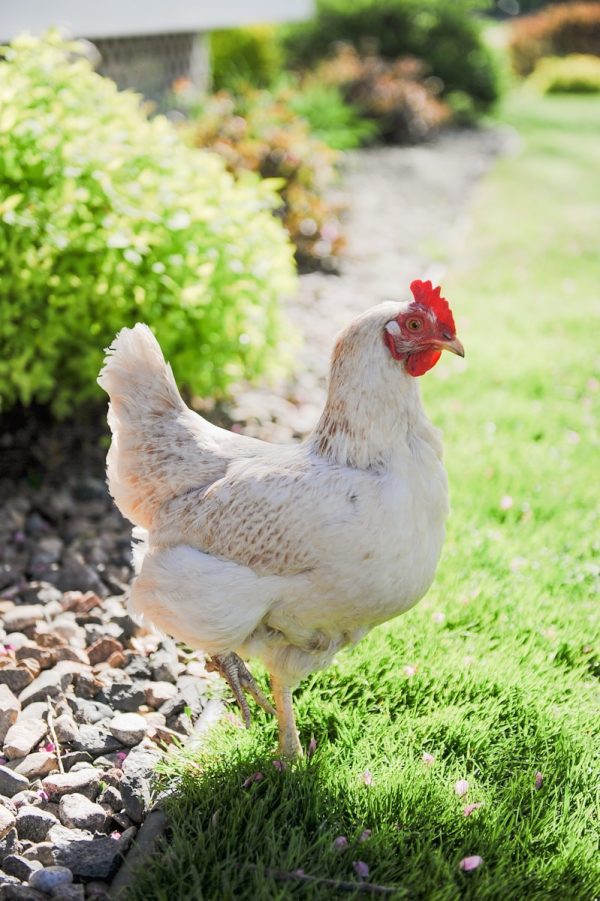Experts Warn Bird Flu Could Pose Growing Risk to Human Health

Recent research from the University of North Carolina at Charlotte reveals that the H5N1 virus, commonly known as bird flu, is evolving quickly and becoming more adept at infecting mammals, including cows and humans.
Lead author Colby Ford highlights that vaccines developed for earlier strains of H5N1 may be less effective against these newer variants. Co-author Dan Janies emphasizes the importance of using artificial intelligence to analyze large datasets and assess preparedness for the rapidly spreading virus.
The study, published in eBioMedicine, shows that newer strains of H5N1 are better at evading the immune system, making past infections or vaccines less protective. This shift increases the likelihood of the virus spreading to humans.